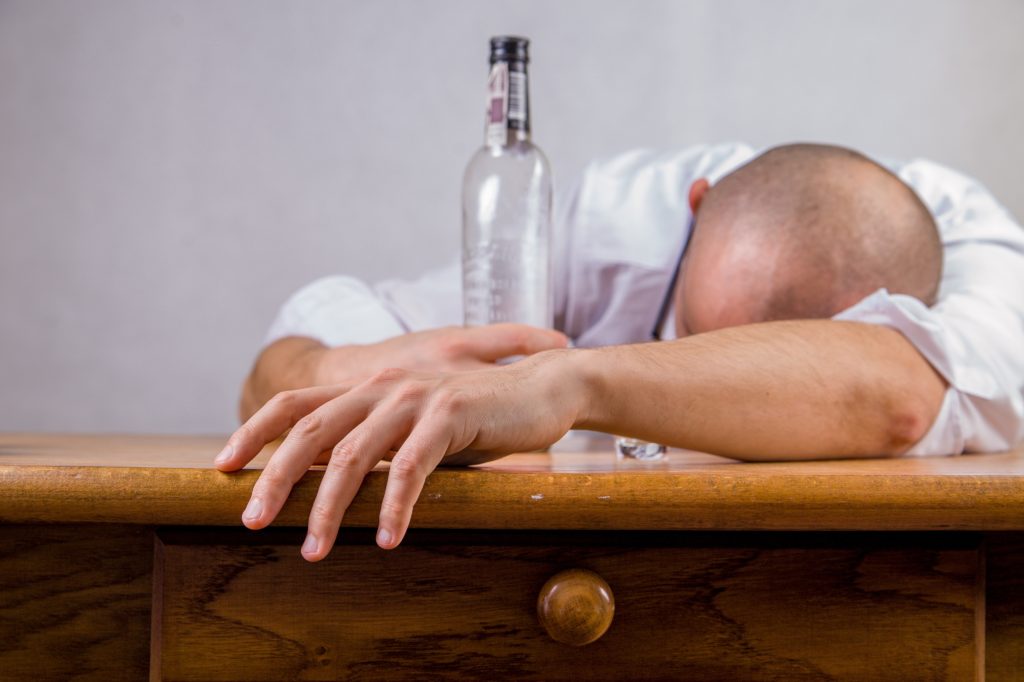Sleep is a crucial aspect of our health, yet many of us struggle to get enough quality rest. A recent study by the University of Washington School of Medicine sheds light on how two common substances, alcohol and caffeine, impact our sleep. This information is vital for anyone looking to improve their sleep quality and overall health.
The Impact of Alcohol and Caffeine on Sleep
Alcohol’s Effect on Sleep Quality
- Disrupts Normal Sleep Patterns: Alcohol is a sedative that depresses the central nervous system, leading to disrupted restorative sleep.
- Reduces Sleep Awareness: While it might seem to aid in falling asleep, alcohol actually reduces the quality of sleep.
- Increases Sleep-Related Issues: It contributes to abnormalities in circadian rhythms and can exacerbate breathing-related sleep problems.
Caffeine’s Influence on Sleep Quantity
- Delays REM Sleep: Caffeine consumption can delay the onset of REM sleep, an essential phase for restorative sleep.
- Reduces Sleep Duration: Regular caffeine intake, especially later in the day, can significantly reduce the total sleep time.
- Creates a Cycle of Dependency: The stimulating effects of caffeine can lead to a cycle of dependency for maintaining alertness during the day.
Study Findings: The Combined Effect of Alcohol and Caffeine
The study, which surveyed 17 male financial traders over six weeks, revealed some key insights:
- Caffeine Reduced Sleep Duration: On average, each cup of caffeine consumed reduced sleep duration by 10 minutes the following night.
- Alcohol Lowered Sleep Quality: Each alcoholic drink consumed was associated with a 3% decrease in sleep quality.
- False Perception of Sleep Quality: Despite the negative impacts on sleep quality and quantity, individuals did not perceive a reduction in their sleep quality, leading to a continuous cycle of self-medication with these substances.
The Risks of Self-Medication with Alcohol and Caffeine
- Masked Decline in Sleep Quality: The habitual use of alcohol and caffeine can mask the decline in sleep quality, leaving individuals unaware of their poor sleep.
- Potential for Increased Dependency: There is a risk of needing more of either substance to balance out the effects, which can be problematic due to the addictive nature of alcohol.
Expert Insights
- Dr. John Saito: Emphasizes that sedation from alcohol is not equivalent to restorative sleep and that caffeine reduces sleep duration by increasing alertness.
- Dr. Monique May: Highlights the importance of being aware of the negative impacts of alcohol and caffeine on sleep quality and quantity, and the potential for a mismatch in perception leading to continued use despite harmful effects.
Understanding the effects of alcohol and caffeine on sleep is crucial for maintaining good sleep hygiene. Moderation and awareness of these substances’ impacts can help improve sleep quality and overall health. If you’re struggling with sleep issues, consider evaluating your alcohol and caffeine intake as a first step towards better rest.


